Yesterday, April 8, a claim was posted on Facebook that the solar eclipse of April 8, 2024 passed through seven cities called Nineveh and would cross the path of the 2017 eclipse in Little Egypt, Illinois, supposedly establishing a biblical connection to the event. However, this statement is partially false. Although there are actually seven cities named Nineveh in the US, only two were in the total eclipse path. Furthermore, Little Egypt is not a city, but rather a region in southern Illinois. The 2017 eclipse and the 2024 eclipse are not in Little Egypt, but rather in an area that encompasses parts of Missouri, Kentucky and the Little Egypt region. This misleading claim is just one of many false information related to the April 8, 2024 eclipse. How about we take advantage and talk about this phenomenon in the Bible.
The eclipse phenomenon has always aroused fascination and curiosity in people throughout history, often being interpreted as a divine sign or an omen of important events. Therefore, it is natural that many people seek to understand what the Bible says about this astronomical event. In this article, we will explore the biblical passages that mention the eclipse and analyze its meaning within the religious and spiritual context, aiming to understand its importance in our lives.
The eclipse is a natural phenomenon that has aroused curiosity and fascination throughout history, being interpreted in different ways. While some see it as just an astronomical event, others attribute religious and spiritual significance to it. In the Bible, we find some passages that are interpreted as references to the eclipse.
An example is in the book of Amos, chapter 8, verses 9 and 10, where it is prophesied that “I will cause the sun to set at noon and that the earth will be dark in broad daylight”, being interpreted as a reference to the eclipse. Another passage associated with an eclipse is in the book of Matthew, chapter 27, verses 45, describing darkness over the entire earth during Jesus' crucifixion.
Regardless of individual interpretations, the eclipse continues to spark interest and admiration in people of different cultures and religions, serving as a reminder of the immensity of the universe and our connection to something greater.
From a biblical perspective, the eclipse is seen as a celestial event that arouses interest and curiosity. The Bible mentions astronomical events interpreted as divine signs or manifestations of God's power, such as during the crucifixion of Jesus Christ.
Although the Bible does not provide specific details about the eclipse phenomenon, these references indicate that cosmic events like this were interpreted as manifestations of divine power, used by God to communicate messages or carry out his plans on Earth.
Therefore, from a biblical perspective, the eclipse is seen as an event of spiritual and celestial significance, providing an opportunity to reflect on the greatness of God and his influence on creation.



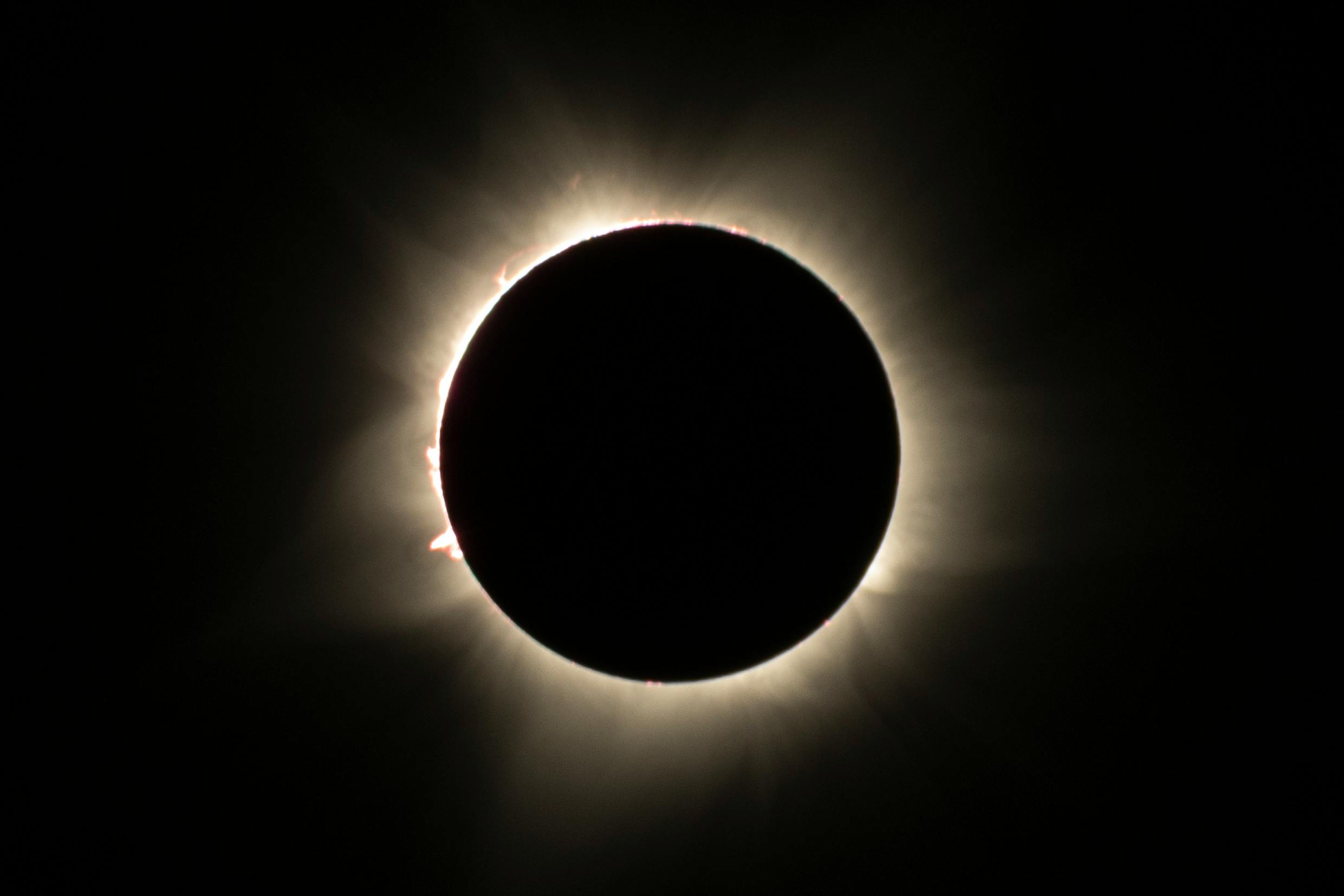




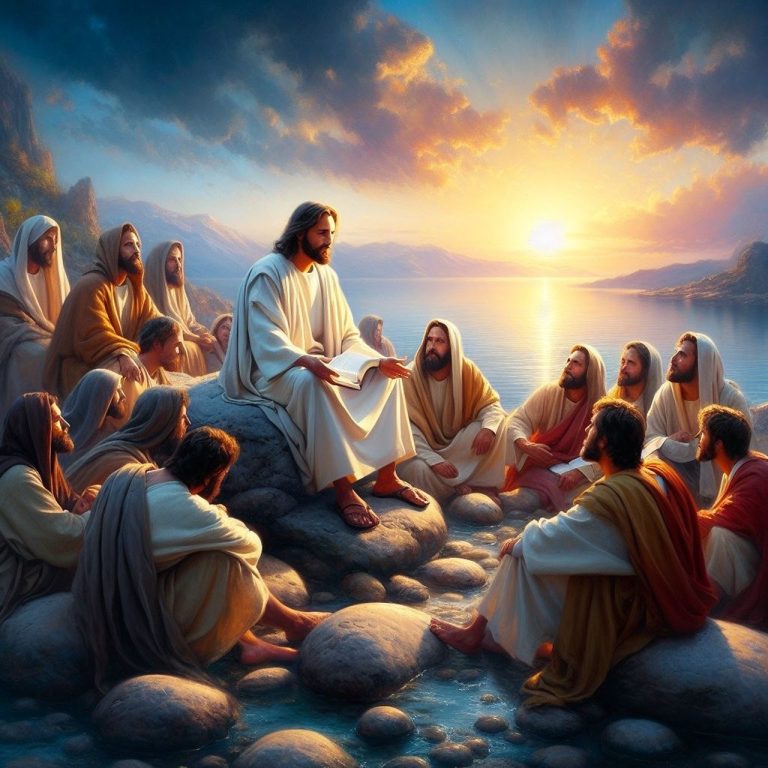


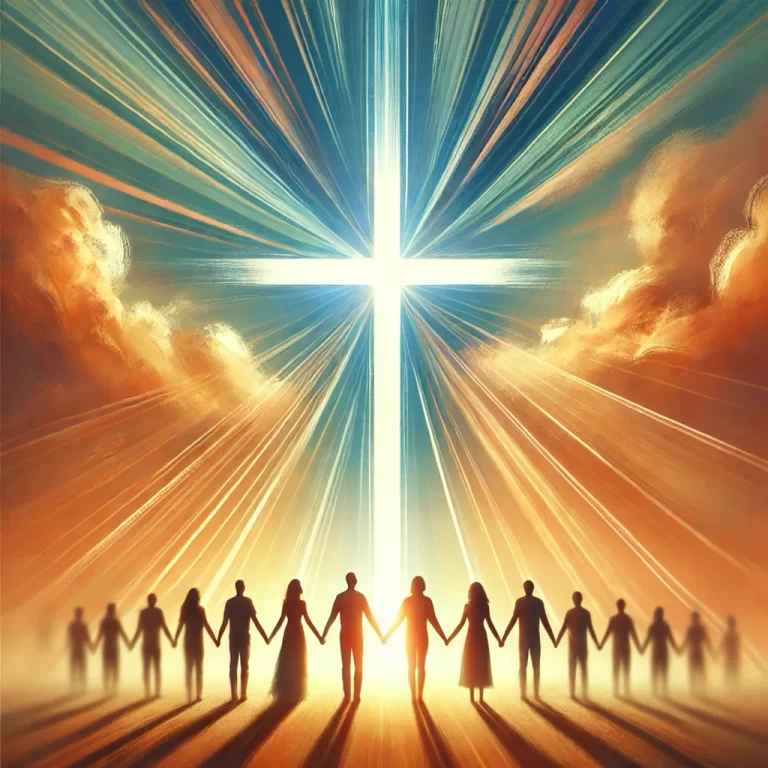
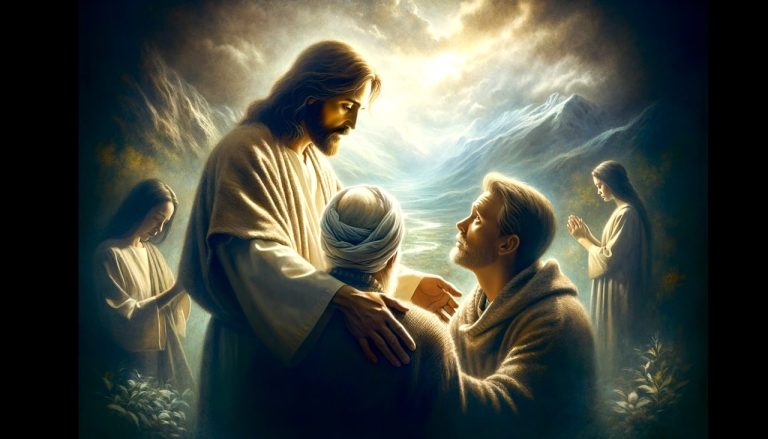
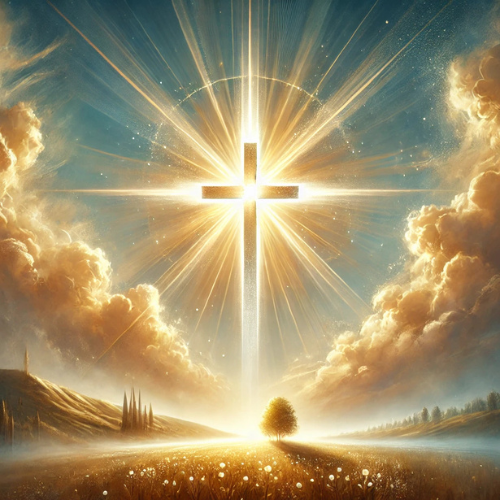





One Response
The eclipse is still a natural phenomenon of God's sign.